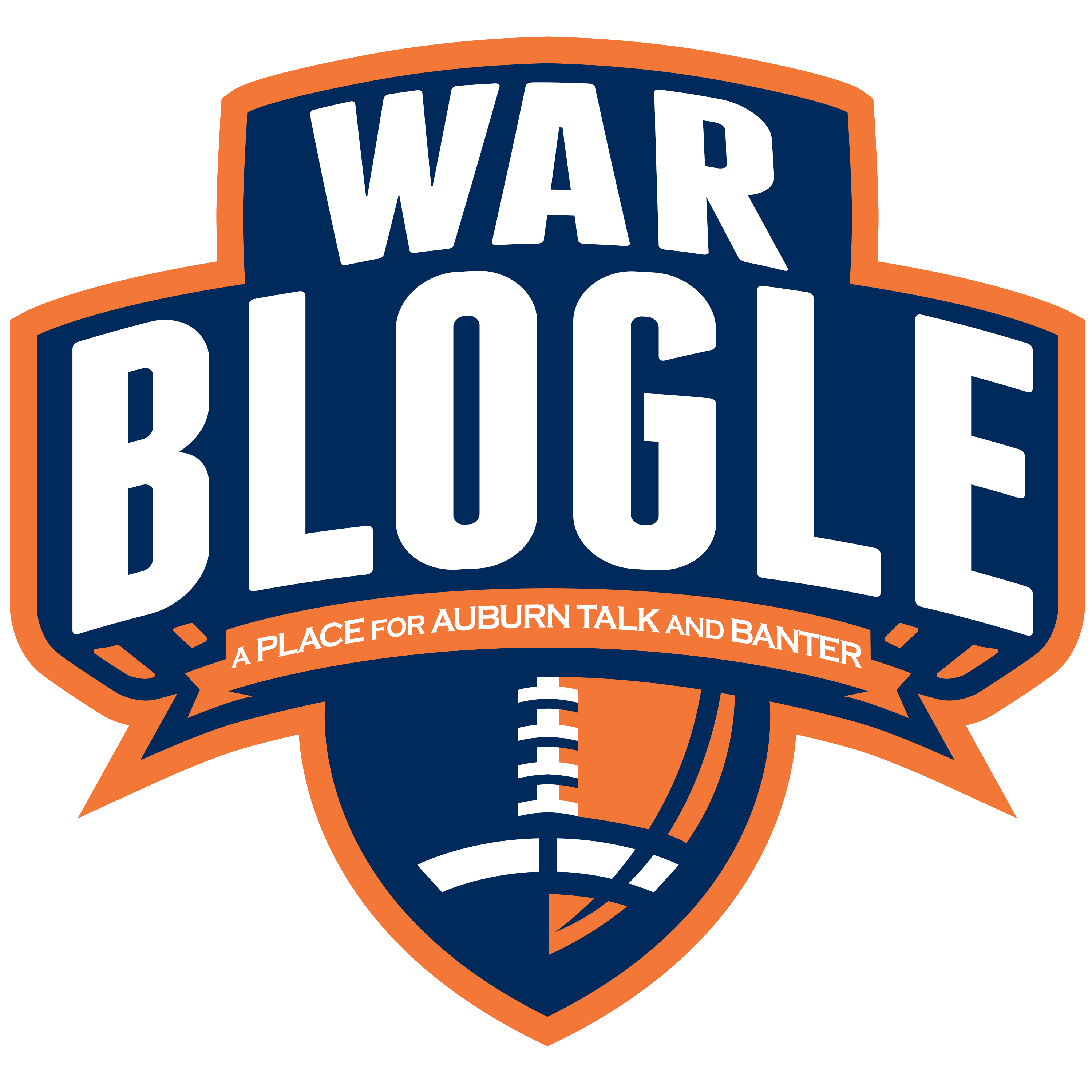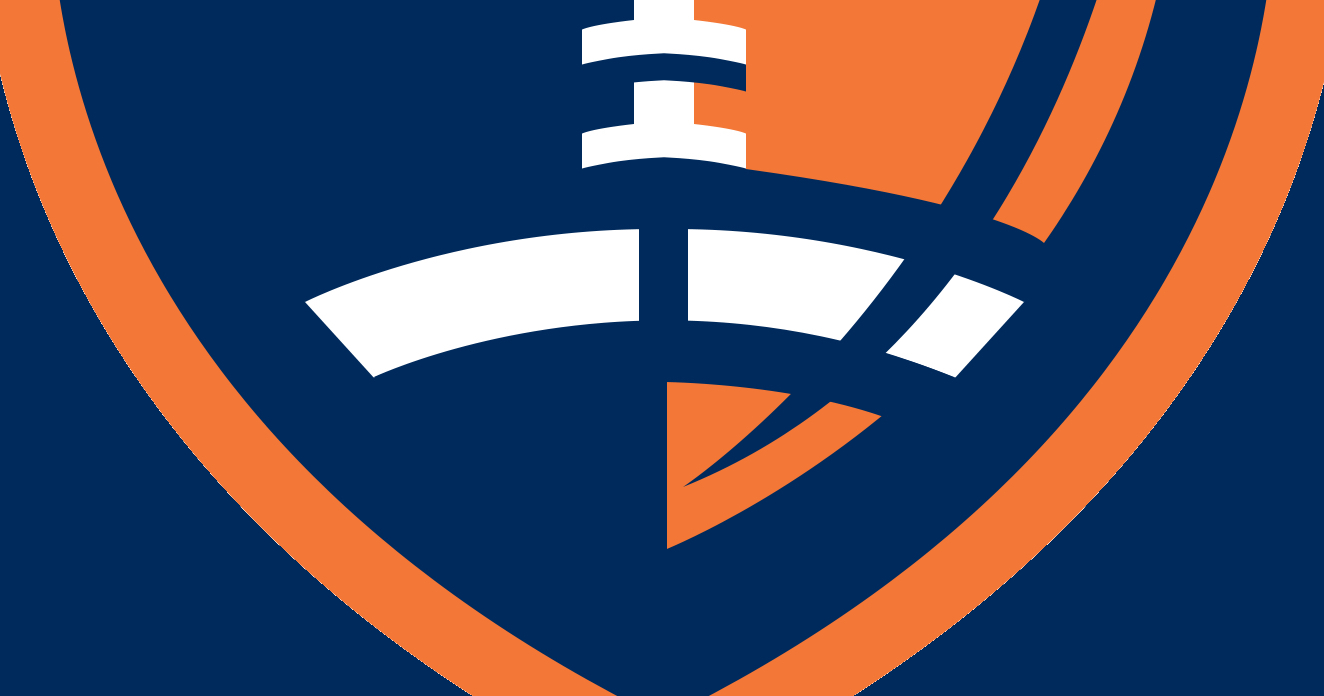In college football betting, understanding various betting types and strategies is essential for maximizing returns. Point spread, moneyline, and over/under bets form the foundation of most college football wagering. The point spread involves betting on a team to win by or lose within a specific margin. For instance, if Alabama is a 7.5-point underdog against Ohio State, Alabama must either win or lose by fewer than 7.5 points for a successful bet. Moneyline bets focus on predicting the outright winner, with stakes differing between favorites and underdogs. Meanwhile, the over/under betting method places a wager on the total combined score of both teams. For example, a Georgia versus Alabama game with an over/under of 53 would require bettors to predict whether the score will be over or under this number.
Shopping for odds across various sportsbooks significantly impacts potential returns. Given the number of college football games each week, odd variations are common. Comparing odds across multiple platforms gives you a better chance of finding the most favorable terms for a specific bet. Evaluating factors such as situational trends, which reveal consistent patterns over time, is also helpful. These patterns often stem from coaching styles and broader team dynamics, highlighting how coaching philosophies can influence game outcomes.
Evaluating Game Specifics
Considering game specifics elevates bet quality through informed decisions, particularly with player and event-specific bets. Prop bets allow bettors to assess particular metrics, such as passing or rushing yards. These types of bets provide opportunities to connect analytical observations with practical betting scenarios. Parlays, which combine multiple bets into one, offer higher payouts but come with greater risk since all constituent bets must win. Discerning value in these bets requires aligning analytical insights with strategic selections.
Mispriced odds offer unique opportunities, especially when analyzing conference and championship dynamics. Currently, Texas and Georgia are co-favorites for the SEC Championship, while Ohio State remains the favorite for the Big Ten Championship. Beyond simple projections, understanding these odds involves analyzing team performance trends, especially after critical results. For example, Ohio State and Texas topped playoff predictions following Alabama’s setback to Vanderbilt. Player injuries or shifts in team strength can quickly alter these dynamics, offering bettors opportunities to make informed decisions.
Assessing Current Contexts
Evaluating recent game analyses and identifying betting trends enhances predictive accuracy. For example, a Texas versus Vanderbilt game highlighting Texas’s defensive strengths can provide valuable betting insights. Similarly, underdog bets, such as Texas Tech against TCU, might exploit perceived defensive weaknesses within a high-variance conference like the Big 12. These interpretations offer logical betting opportunities over speculative approaches.
Understanding deeper team dynamics is also critical. For instance, the SEC and Big Ten are dominated by powerhouses like Alabama and Ohio State, but some conferences are more balanced, offering higher odds for underdog bets. Betting odds fluctuate due to unforeseen injuries to key positions like quarterbacks, which can quickly shift predictions. Accurately assessing team resilience, especially in terms of roster depth, plays a major role in making well-informed betting decisions.
Player Performance
Player performance, particularly in Heisman Trophy considerations, offers valuable betting opportunities. For example, Boise State’s Ashton Jeanty has emerged as a leading Heisman contender. Micro-level evaluations of player consistency and positional impact can lead to high-value bets. Prop bets focused on player performance in critical games, such as playoffs or major matchups, provide an edge for bettors with a deep understanding of player effectiveness.
Finding Value in Betting Platforms
When engaging in college football betting, the choice of platform significantly influences potential returns. Sportsbooks often exhibit variations in odds, offering value for bettors who compare these differences. For instance, platforms like FanDuel and BetMGM may have different odds for the same matchup, creating value-betting opportunities. By analyzing discrepancies in odds, bettors can make sharper decisions. Some sportsbooks may offer favorable lines on large favorites while still providing competitive odds on underdogs.
Additionally, some platforms offer special promotions such as bonuses, odds boosts, or cashback offers. Strategically utilizing these promotions can maximize your betting budget. For example, a BetMGM bonus code might grant bonuses that enhance your initial stakes. However, it is essential to understand the terms and conditions of these promotions. Comparing these factors, along with available odds and betting markets, ensures you choose a platform that maximizes both returns and added financial benefits.
Analyzing Historical Contexts
Historical trends offer further insights. Evaluating teams’ historical performances, especially in similar conditions, can substantiate betting decisions. For example, road underdogs may perform better based on previous trends or under specific coaches. Betting models and trends based on historical success improve predictive accuracy, offering a solid foundation for strategy formulation. Integrating factors like quarterback performance, defensive matchups, and public betting behavior can create custom betting lines that align with predictive insights.
Home-field advantage is another factor, with historical data showing a strong win rate for home favorites. From 2008 to 2019, FBS home favorites won 78.3% of the time, highlighting the impact of crowd support and familiar conditions. Monitoring key defensive metrics also supports spread-based betting, especially when betting on teams with strong defensive credentials.
Conclusion
Effective college football betting requires more than luck—it demands a deep understanding of betting types, team dynamics, player performance, and sportsbook odds. By leveraging historical data, evaluating current game contexts, and making strategic use of betting platforms and promotions, bettors can make more informed and profitable decisions. Adopting disciplined financial planning and data-driven insights will help ensure long-term success and a more rewarding betting experience.

